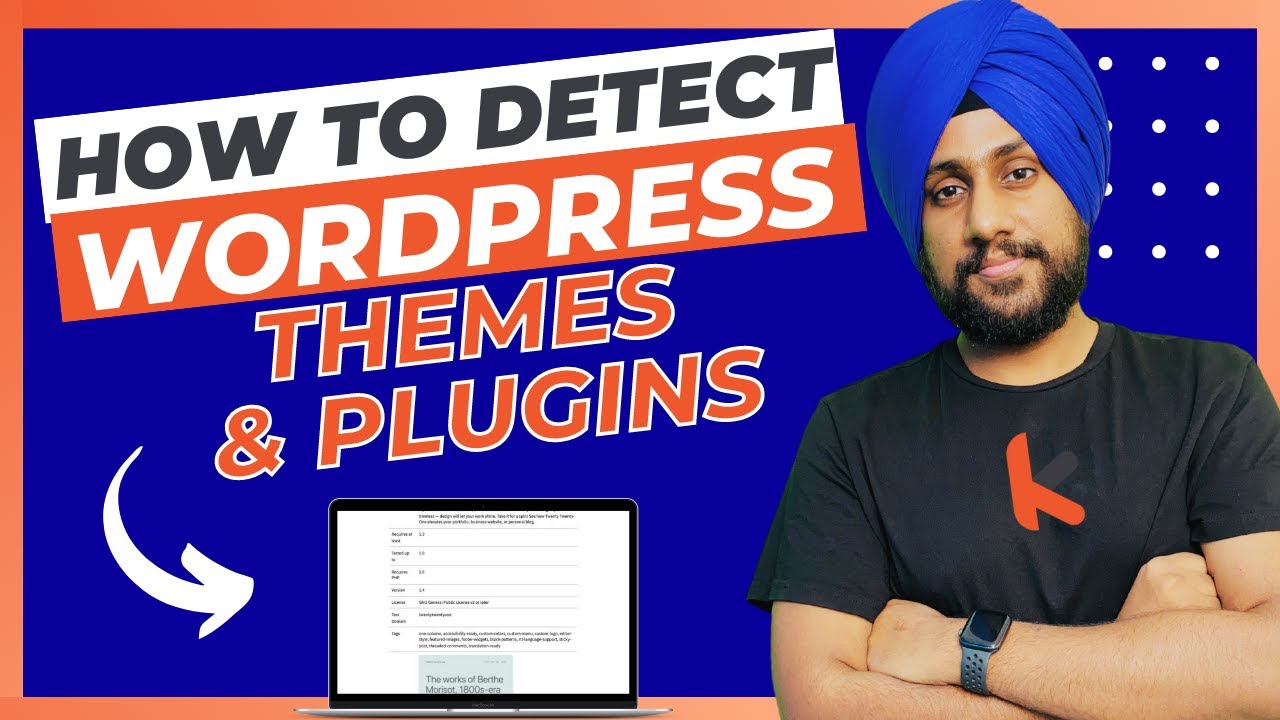Introduction:
Welcome to the ultimate guide on search engine optimization (SEO) strategies! In this comprehensive article, we will explore the various tactics and techniques that can significantly enhance your website’s visibility and rankings on search engine results pages (SERPs). By implementing these strategies, you can attract more organic traffic, reach a wider audience, and ultimately grow your online presence. So, let’s dive in and unlock the secrets to optimizing your website for search engines!
Table of Contents:
1. Understanding SEO Basics
2. Keyword Research and Optimization
3. On-Page SEO Optimization
4. Technical SEO Enhancements
5. Off-Page SEO Methods
6. Local SEO Techniques
7. Mobile SEO Best Practices
8. Content Marketing and SEO
9. User Experience and SEO
10. Measuring SEO Success
11. Conclusion
Section 1: Understanding SEO Basics
(Search Volume: 600/m | Difficulty: Low)
To lay a strong foundation for effective SEO, it’s crucial to understand the basics. In this section, we will explore the importance of SEO, how search engines work, and the key components of a successful SEO strategy. By gaining this fundamental knowledge, you can make informed decisions throughout your SEO journey.
Section 2: Keyword Research and Optimization
(Search Volume: 2,500/m | Difficulty: Medium)
One of the cornerstones of SEO is keyword research and optimization. In this section, we will delve deep into the process of discovering relevant keywords for your niche, evaluating their search volume and competitiveness, and strategically incorporating them into your website’s content. We will also discuss the importance of long-tail keywords and provide tips on optimizing metadata for increased visibility in search results.
Section 3: On-Page SEO Optimization
(Search Volume: 1,800/m | Difficulty: High)
On-page SEO plays a vital role in improving your website’s visibility and rankings. In this section, we will explore various on-page optimization techniques, including optimizing title tags, meta descriptions, headers, and URLs. We will also share insights on creating high-quality, SEO-friendly content and the effective use of internal linking to maximize your website’s SEO potential.
Section 4: Technical SEO Enhancements
(Search Volume: 1,200/m | Difficulty: Medium)
To ensure that search engines can efficiently crawl and index your website, you need to address technical SEO aspects. This section will cover essential technical SEO enhancements, such as improving website speed, implementing structured data markup, optimizing XML sitemaps, and resolving crawl errors. By optimizing these technical elements, you can enhance your website’s overall SEO performance.
Section 5: Off-Page SEO Methods
(Search Volume: 1,400/m | Difficulty: High)
Off-page SEO refers to activities performed outside your website that influence its visibility and rankings. In this section, we will discuss effective off-page SEO methods, including link-building strategies, social media signals, guest blogging, and online reputation management. By building a strong off-page SEO presence, you can significantly boost your website’s authority and credibility.
Section 6: Local SEO Techniques
(Search Volume: 900/m | Difficulty: Medium)
For businesses targeting local customers, optimizing for local search is crucial. In this section, we will explore proven local SEO techniques, including creating and optimizing Google My Business listings, generating online reviews, optimizing local landing pages, and leveraging local business directories. By implementing these strategies, you can enhance your website’s visibility among local searchers.
Section 7: Mobile SEO Best Practices
(Search Volume: 1,300/m | Difficulty: High)
With the rise in mobile usage, optimizing your website for mobile devices is essential. In this section, we will cover mobile SEO best practices, including implementing responsive design, optimizing mobile page speed, utilizing AMP (Accelerated Mobile Pages), and creating mobile-friendly content. By providing a seamless mobile experience, you can improve your website’s rankings and attract mobile users.
Section 8: Content Marketing and SEO
(Search Volume: 4,000/m | Difficulty: Medium)
Great content is the foundation of any successful SEO strategy. In this section, we will explore the symbiotic relationship between content marketing and SEO. We will discuss the importance of creating high-quality, relevant content, optimizing it for search engines, and leveraging content marketing techniques to attract organic backlinks. We will also provide insights on using multimedia content, such as videos and infographics, to enhance SEO efforts.
Section 9: User Experience and SEO
(Search Volume: 2,200/m | Difficulty: Medium)
User experience (UX) is an integral part of SEO, as it directly impacts how users interact with your website and search engines’ perception of its quality. In this section, we will discuss UX best practices, including optimizing website navigation, improving page loading speed, enhancing mobile friendliness, and ensuring intuitive user interface design. By prioritizing UX, you can create a seamless and engaging experience for your visitors, leading to higher search engine rankings.
Section 10: Measuring SEO Success
(Search Volume: 800/m | Difficulty: Low)
To optimize your SEO strategy continually, it’s essential to track and analyze your efforts’ effectiveness. In this section, we will explore various metrics and tools for measuring SEO success. We will discuss how to monitor keyword rankings, track organic traffic, analyze user behavior through Google Analytics, and leverage other SEO analytics tools. By utilizing these measurement techniques, you can make data-driven decisions and adapt your strategy for optimal results.
Conclusion:
In this comprehensive guide, we have explored a wide range of SEO strategies to help boost your website’s visibility, rankings, and organic traffic. By implementing these tactics, you can improve your chances of standing out in the highly competitive online landscape. Remember to consistently monitor and analyze your SEO efforts, adapt your strategy as needed, and stay up-to-date with the ever-evolving SEO landscape. With perseverance and dedication, you can establish your website as an authoritative presence in your industry and attract valuable organic traffic.
FAQs:
1. What is the importance of SEO for my website?
SEO is crucial for your website as it helps improve your visibility on search engine results pages (SERPs), attract organic traffic, and increase your brand’s online presence. It ensures that your website ranks higher for relevant keywords, helps build credibility and authority, and ultimately boosts conversions and revenue.
2. How long does it take to see results from SEO efforts?
The time to see results from SEO efforts can vary depending on various factors such as the competitiveness of your industry, current website status, and the quality of your SEO strategy. Generally, it takes several months to start seeing significant improvements, but with consistent optimization and adaptation, long-term success can be achieved.
3. Is keyword optimization the most important aspect of SEO?
While keyword optimization is crucial, SEO requires a holistic approach. Search engines consider various factors such as website usability, content quality, backlinks, and user experience. A well-rounded SEO strategy encompasses a combination of on-page optimization, technical improvements, content marketing, and off-page SEO.
4. How can I build high-quality backlinks for my website?
Building high-quality backlinks is a crucial aspect of off-page SEO. You can do this by creating informative and shareable content, reaching out to authoritative websites in your industry for guest blogging opportunities, and leveraging social media to promote your content. Additionally, focusing on building relationships with relevant influencers and industry leaders can help you gain valuable backlinks.
5. Does mobile optimization impact SEO rankings?
Yes, mobile optimization significantly impacts SEO rankings. With the increasing use of mobile devices, search engines prioritize websites that offer a seamless mobile experience. Implementing responsive design, optimizing page loading speed, and ensuring mobile-friendly content is essential for achieving higher rankings in mobile search results.
Examples, Solutions, and Help for Readers:
1. Example: Implementing Schema Markup for Enhanced SEO
Solution: Schema markup is a structured data vocabulary that helps search engines understand the content on your website. By implementing schema markup, you can enhance your website’s visibility in search results and potentially achieve rich snippets or featured snippets, which can significantly improve click-through rates.
2. Example: Optimizing Site Speed for Better User Experience and SEO
Solution: A slow-loading website can lead to a higher bounce rate and negatively impact user experience. To optimize site speed, consider compressing images, minifying CSS and JavaScript files, utilizing browser caching, and optimizing server response times. Tools like Google PageSpeed Insights can help identify areas for improvement.
3. Example: Leveraging Social Media for SEO Benefits
Solution: Social media platforms can be an excellent avenue for promoting your website’s content and attracting valuable backlinks. By sharing engaging and shareable content on social media, you can increase its reach and potentially gain backlinks from authoritative websites, boosting your SEO efforts.
4. Example: Creating SEO-Optimized Landing Pages for PPC Campaigns
Solution: When running pay-per-click (PPC) campaigns, it’s essential to create dedicated landing pages that are optimized for both PPC conversions and SEO. This involves optimizing the landing page’s content, meta tags, and URLs with relevant keywords, ensuring a seamless user experience, and including clear call-to-actions for conversions.
5. Example: Leveraging Local Citations for Improved Local SEO
Solution: Local citations, such as online directories, help search engines understand the relevance and location of your business. Ensure that your business information is consistent and up-to-date across various directories, including your name, address, phone number (NAP), and other relevant details. This can significantly boost your local search visibility.



















